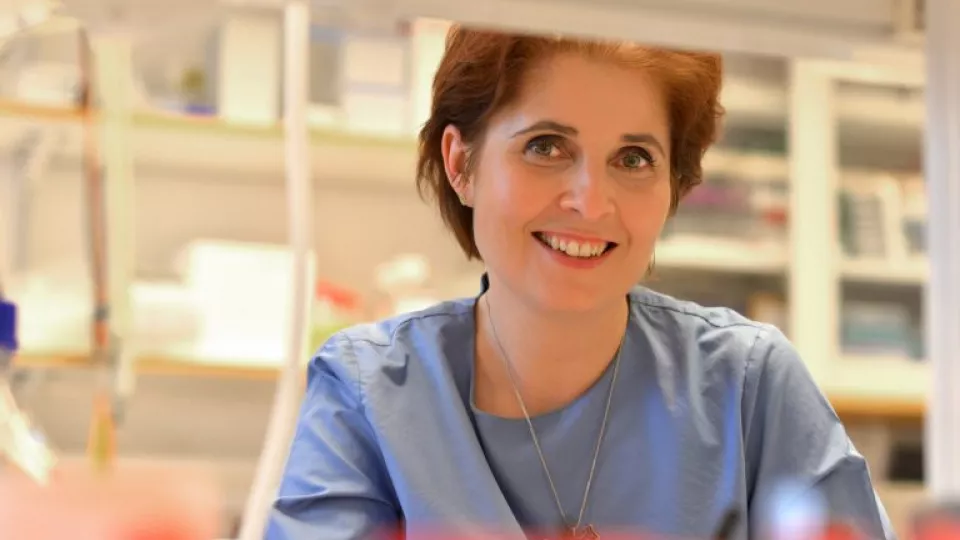How does it feel to receive this prestigious award?
– It’s a great honour for me to be awarded the Berzelius Medal and for our research to receive such notice. I began my postdoc training in clinical chemistry in Malmö in 1998, under the supervision of Professor Björn Dahlbäck, a distinguished coagulation researcher and clinical chemist. At the same time, I had the pleasure of following the research conducted by Professor Johan Stenflo’s research team. I was also well-acquainted with Professor Inga-Maria Nilsson and Professor Carl Laurell, former prominent clinical chemists from Malmö. It’s truly an honour to be able to continue conducting medical chemical research in their footsteps.
What significance does your research have for human health?
– Our research is focused on the complement system, which is part of the innate immune system. The complement system plays a significant role in many basic biological processes, such as defence against infections. But when the system is incorrectly activated, it can contribute to a variety of diseases, including rheumatic diseases and kidney and eye diseases.
– Our ambition is to conduct basic, high-quality research based on clinically relevant issues, thus laying the groundwork for new diagnostic methods. For example, in collaboration with Answer Life Science (ANSWER), our research team has produced a blood test for patients with severe rheumatic disease that enables better diagnostics and treatment. This so-called “C4d test” is a blood test that measures the biomarker C4d in the blood, and it’s already available internationally. Moving forward, we also want to develop new therapies and improve the selection of patients who can be treated with complement inhibitors, which are currently being developed by several different pharmaceutical companies.
What exciting research projects are you working on?
– Since the complement system is involved in many different conditions, we’re studying its role in cancer development, in infection, in rheumatic diseases, and now even in diabetes. The most scientifically exciting project right now focuses on new roles that complement proteins play inside cells, such as in pancreatic beta cells. Here we study how C3 protects cells by regulating autophagy and how CD59 contributes to the secretion of insulin, both of which are relevant in terms of diabetes.
– The most clinically exciting projects focus on the development and evaluation of diagnostic tests with complement biomarkers and studies of how COMP, a protein found in connective tissue, contributes to the development of different types of cancer, and whether it can be used as the basis for new treatment.
